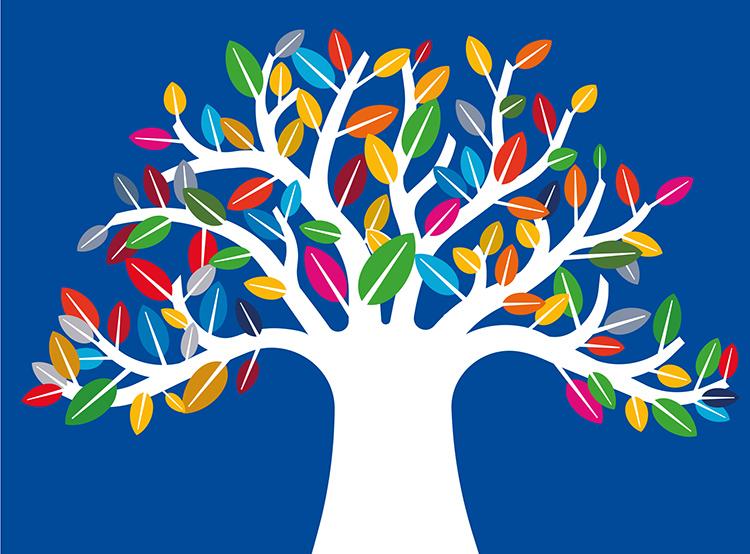EU sustainable development report highlights areas of progress and concern
Eurostat has released its 2025 edition of the “Sustainable Development in the European Union — Monitoring Report on Progress Towards the SDGs,” offering a comprehensive statistical overview of the European Union’s journey toward achieving the United Nations’ Sustainable Development Goals (SDGs).
The report, now in its ninth edition, assesses the EU’s progress across all 17 SDGs over the past five years, drawing on official data from EU member states and institutions. Significant strides were made in key areas such as reducing inequalities (SDG 10), promoting decent work and economic growth (SDG 8), and enhancing quality education (SDG 4). These domains have seen consistent improvements, reflecting the Union’s commitment to fostering inclusive and sustainable development.
Moderate progress was noted in several other areas, including gender equality (SDG 5), responsible consumption and production (SDG 12), industry, innovation and infrastructure (SDG 9), and zero hunger (SDG 2). However, the pace of progress was slower than in previous reporting periods, indicating room for further action.
The report also highlights areas where advancement has stalled or regressed. No significant progress was recorded for life below water (SDG 14), largely due to the limited expansion of marine protected areas and deteriorating ocean health. Moreover, setbacks were observed in clean water and sanitation (SDG 6) and life on land (SDG 15), with challenges such as water stress, land degradation, and biodiversity loss impacting these goals.
Valdis Dombrovskis, European Commissioner for Economy and Productivity, emphasized the importance of maintaining focus on sustainability despite ongoing geopolitical tensions and economic uncertainties. He reaffirmed that the SDGs remain integral to the European Commission’s strategies and that continued efforts are necessary to meet environmental targets under the European Green Deal.
In a first for the series, this year’s report also examines regional disparities in SDG progress, providing insights into the uneven development across different parts of Europe. It underscores the principle of “leaving no one behind” by analyzing key sustainability indicators at the regional level.
Mariana Kotzeva, Director-General of Eurostat, noted that while the EU has made notable progress, the path to achieving the 2030 Agenda remains complex. She emphasized that the report serves as an important resource for policymakers, researchers, and citizens alike, offering a clear picture of achievements and highlighting areas that demand further action.
The monitoring report is accompanied by a dedicated communication package, including the new SDG EU Progress Tracker and country-specific overviews, available through Eurostat’s website. These tools aim to enhance transparency and facilitate a broader understanding of the EU’s sustainability performance as the 2030 deadline approaches.









